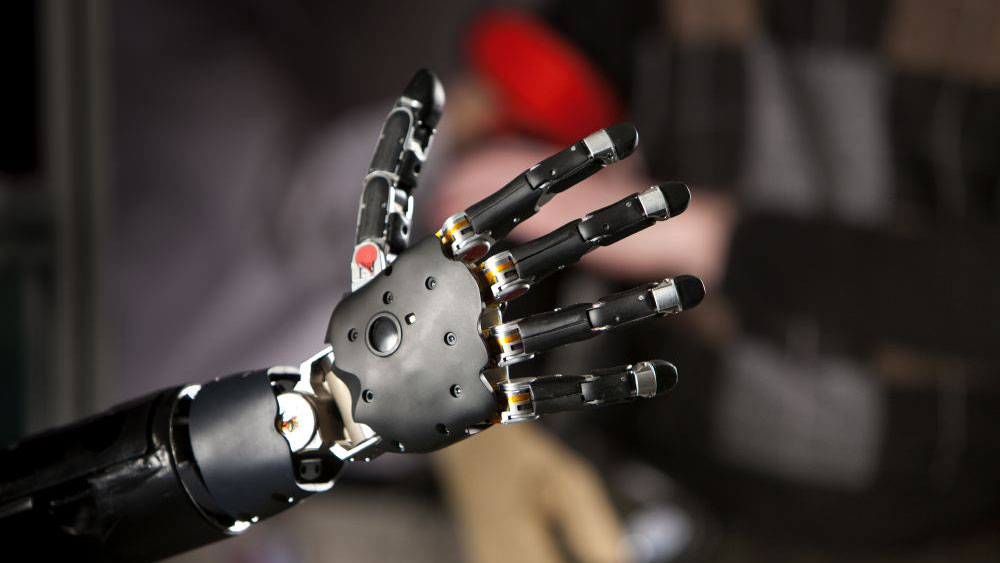3-D: Short for three-dimensional. This term is an adjective for something that has features that can be described in three dimensions — height, width and length.
artificial intelligence: A type of knowledge-based decision-making exhibited by machines or computers. The term also refers to the field of study in which scientists try to create machines or computer software capable of intelligent behavior.
atom: The basic unit of a chemical element. Atoms are made up of a dense nucleus that contains positively charged protons and uncharged neutrons. The nucleus is orbited by a cloud of negatively charged electrons.
carbon: A chemical element that is the physical basis of all life on Earth. Carbon exists freely as graphite and diamond. It is an important part of coal, limestone and petroleum, and is capable of self-bonding, chemically, to form an enormous number of chemically, biologically and commercially important molecules. (in climate studies) The term carbon sometimes will be used almost interchangeably with carbon dioxide to connote the potential impacts that some action, product, policy or process may have on long-term atmospheric warming.
cell: (in biology) The smallest structural and functional unit of an organism. Typically too small to see with the unaided eye, it consists of a watery fluid surrounded by a membrane or wall. Depending on their size, animals are made of anywhere from thousands to trillions of cells. Most organisms, such as yeasts, molds, bacteria and some algae, are composed of only one cell.
implant: A device manufactured to replace a missing biological structure, to support a damaged biological structure, or to enhance an existing biological structure. Examples include artificial hips, knees and teeth; pacemakers; and the insulin pumps used to treat diabetes. Or some device installed surgically into an animal’s body to collect information on the individual (such as its temperature, blood pressure or activity cycle).
link: A connection between two people or things.
nanoparticle: A small particle with dimensions measured in billionths of a meter.
nervous system: The network of nerve cells and fibers that transmits signals between parts of the body.
particle: A minute amount of something.
prosthesis: An artificial device that has been developed to replace a missing body part. A prosthetic limb, for example, would replace parts of an arm or leg. These replacement parts usually substitute for tissues missing due to injury, disease or birth defects.
prosthetic: Adjective that refers to a device that has been developed to replace a missing body part. A prosthetic limb, for example, would replace parts of an arm or leg. These replacement parts usually substitute for tissues missing due to injury, disease or birth defects.
system: A network of parts that together work to achieve some function. For instance, the blood, vessels and heart are primary components of the human body's circulatory system. Similarly, trains, platforms, tracks, roadway signals and overpasses are among the potential components of a nation's railway system. System can even be applied to the processes or ideas that are part of some method or ordered set of procedures for getting a task done.
technology: The application of scientific knowledge for practical purposes, especially in industry — or the devices, processes and systems that result from those efforts.
Velcro: The commercial name for a widely known hook-and-loop type adhesive.






